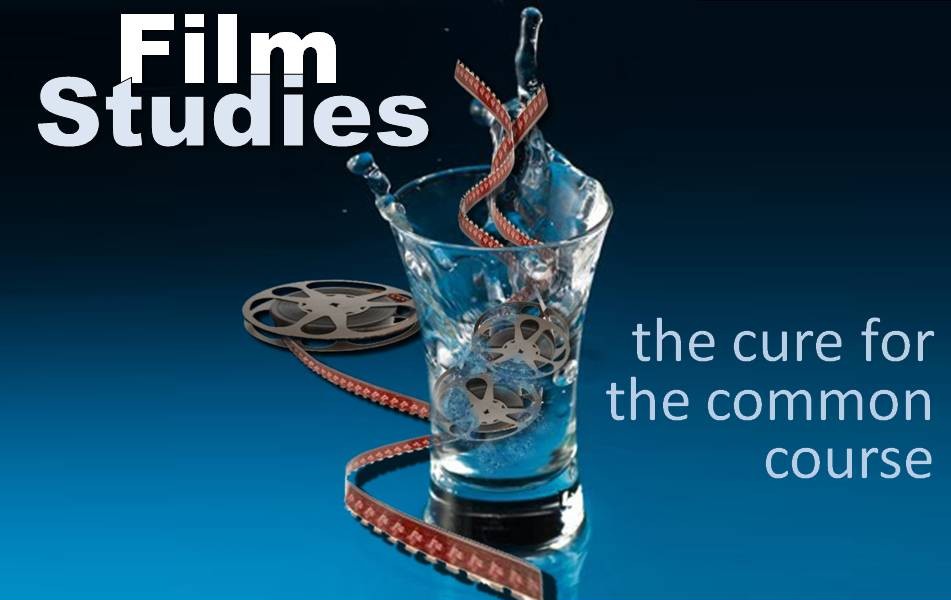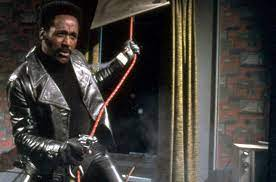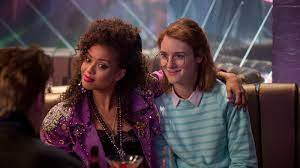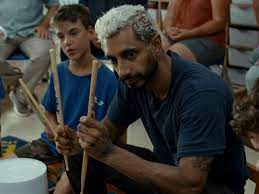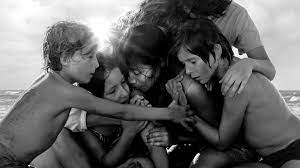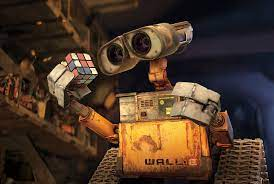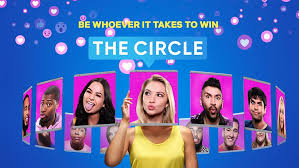ENGL 1500: The American Cinematic New Wave: 1970s Movies
Instructor: Randall Martoccia
Times offered: MWF, 10:00-10:50 am
Course description: Students will watch films from the late 1960s to 1980 and will learn about this exciting period in film history. Titanic social forces, industry struggles, educated audiences, and other factors led to filmmakers finally having the freedom to tell gritty, realistic stories with obscenity, graphic violence and sexuality. Filmmakers could also criticize institutions and challenge audiences with non-chronological plots and unconventional endings. Actors too who a decade before would have likely been stuck in minor rolls were cast as protagonists. This second half of this period also saw the rise of the blockbuster film and corporate influence—powers that still hold sway today.
Screenings: The Graduate (Mike Nichols, 1967), Bonnie and Clyde (Arthur Penn, 1967), Husbands (John Cassavettes, 1970), Shaft (Gordon Parks, 1971), A New Leaf (Dir. Elaine May, 1971), Deliverance (Boorman, 1972),Chinatown (Roman Polanski, 1974), The Conversation (Francis Ford Coppola, 1974), Nashville (Robert Altman, 1975), All the President’s Men (Alan Pakula, 1976), and Jaws (Steven Spielberg, 1975)
**** ENGL1500 counts as an elective for Film Studies minor in Spring 2024****
GLST 2220 Sci-Fi: East and West (GE: HU, GD)
Instructor: Justin Wilmes
Times offered: MWF, 1:00 – 1:50 pm
In GLST 2220 (GE: HU / Global Diversity) we will explore selected Russian, E. European, and Western science fiction films and literary texts in English translation within the broader context of the international science fiction genre. We will take a comparative approach to the problems addressed in the science fiction works of the “eastern” and “western” worlds in order to understand the unique experiences of different cultures. The class will also discuss the predominant formal and thematic tendencies of the genre, especially ethical, philosophical and other questions common to these works: utopia/dystopia, progress, technology, reason, human nature, otherness, and ethics. Students will develop a critical lens for cultural texts and will learn to employ analytical tools of hermeneutics, semiotics and cultural studies.
Screenings: Aelita (1924, Protazanov), Metropolis (1927, Lang), Solaris (1972, Tarkovsky), Ivan Vasilievich Back to the Future (1973, Gaidai), The Terminator (1984, Cameron), Total Recall (1990, Verhoeven) 12 Monkeys (1995, Gilliam), Gattaca (1997, Niccol)The Matrix (1999, Wachowski Brothers), Children of Men (2006, Alfonso), Generation P (2011, Ginzburg), The Target (2011, Zeldovich), Her (2013, Jonze), Arrival (2016, Villeneuve), Black Mirror: San Junipero & Nosedive (2016)
****GLST2220 counts towards the Multicultural/Transnational/International Film Cognate for the Spring 2024 semester****
FILM2900: Introduction to Film Studies (FC: HU)
This class is offered at 2 different times, by two different instructors:
FILM 2900.001 is on M,W: 3:30-4:45 pm (taught by Anna Froula)
FILM 2900.002 is on T,Th: 9:30-10:45 am (taught by Sean Morris)
The goal of this course, as its title suggests, is to “introduce” you to the broad field of film studies, including formal analysis, genre studies, film history and theory. By the end of the semester you will have the basic critical tools necessary for understanding and analyzing the language of motion pictures. Ideally, this course will enable you to not only gain a richer understanding of the films you watch but also the television shows, You Tube videos, commercials, and other media you encounter on a daily basis.
Screenings: Do the Right Thing (Spike Lee, 1989), Sullivan’s Travels (Preston Sturges, 1941), Sound of Metal (Darius Marder, 2019), Cléo from 5 to 7 (Agnes Varda, 1961), Imitation of Life (Douglas Sirk, 1959), Moonlight (Barry Jenkins, 2016), 13th (Ava DuVernay, 2016), Midsommar (Ari Aster, 2019)
****FILM2900 is a required course for the Film Studies minor core****
FILM3901: American and International Film History, Part II (FC: GD)
Instructor: Amanda Ann Klein
Times offered: T,Th: 11:00-12:15 pm
Course description: This course is a broad survey of the major films, genres, regulatory bodies and economic structures that defined cinema, both American and international, from approximately World War II until the present day. The course will address the social, industrial, and aesthetic history of these films, studying how they were made, sold, and exhibited in theaters. While the major concern of this course is to understand these films in terms of their historical context, students will also examine specific formal, narrative and rhetorical choices made by the individual films and filmmakers, tracking the development of US and international cinema. Students will learn to identify the historical and political contexts and events that have shaped the way various national identities are represented in films and how cultural beliefs and values shape people’s perceptions and impact cinematic representations of different nationalities. Students will also learn how differences in ethnicity, culture, and national origin impact our experiences of life in a particular historical moment and how that translates to the cinematic image.
Screenings: Double Indemnity (1944, Billy Wilder), The Seven Samurai (1954, Akira Kurosawa), The 400 Blows (1959, Francois Truffaut), A Taste of Honey (1961, Tony Richardson), The Killer (1989, John Woo), Dil Se (1998, Mani Ratnam), The Host (2006, Bong Joon-Ho), Roma (2018, Alfonso Cuarón), Avengers: Endgame (2019, Anthony and Joe Russo)
NO TEXTBOOK REQUIRED FOR THIS COURSE
***FILM3901 counts toward the Film History Cognate for the Film Studies Minor AND
as an Art History Elective for Art Majors***
FILM 3920-001: Film Theory and Criticism (WI, FC:HU)
Instructor: Anna Froula
Times offered MW 2:00-3:15
Course description: “If theory means reflecting on the grounds of one’s knowing things, on the frameworks of understanding one brings to bear, on one’s assumptions about how the world is, then I am all for theory.”—Richard Dyer, film scholar. This course introduces the basic problems and arguments that have been addressed and engaged by film theory and criticism about the function and the basic nature of the medium and how it affects viewers and their relationship to reality, to the arts, and to society. Students will learn how to read and “unpack” complex theoretical texts and how to apply these theories to the film text. This course asks basic questions, such as: What is the cinema and what makes it different from other art forms? Is film a record of reality, a way to manipulate reality, or something in between? What is the “language” of film and how do audiences “read” this language? How are movies products of their culture that make impact on the societies they reflect and shape? How do audiences react to and interpret what they see? How do race, gender, sexual orientation affect the relationship between film and viewer?
Screenings: Night and Fog (Alain Resnais, 1955), Umberto D (Vittorio De Sica, 1952), Sherlock, Jr. (Buster Keaton, 1924), Being John Malkovich (Spike Jonze, 1999), Persona (Ingmar Bergman, 1966), Mulholland Drive (David Lynch, 2001), The Birds (Alfred Hitchcock, 1963), Magic Mike XXL (Gregory Jacobs, 2015), Get Out (Jordan Peele, 2017), Her (Spike Jones, 2013), The Diving Bell and the Butterfly (Julian Schnabel, 2007), Wall-E (Andrew Stanton, 2008), Waltz with Bashir (Ari Folman, 2009)
***FILM3920 counts toward the Film Theory Cognate for the Film Studies Minor***
FILM4985: Introduction to Reality TV (WI)
Instructor: Amanda Ann Klein
Times offered: T,Th: 2:00-3:15 pm
Course description: This course is a broad survey of reality television, from early examples of the genre, like Queen for a Day (1956) to modern incarnations like MTV’s Catfish and Netflix’s Love is Blind. We will trace the historical development of the genre, with its roots in documentary cinema, as well as the way social, economic and industrial factors shape its content and distribution. We ask: why has this genre of TV endured for decades? Why are we fascinated with seeing “the real” as entertainment? What are the ethics of these series? The final weeks of the course will be case studies of several prominent trends in contemporary reality television: neoliberalism, globalization, and identity formation through the lens of reality TV.
Note: Although this course serves as the capstone for the Film Studies minor, it is open to non-minors who have taken FILM2900 or another FILM class.
Screenings include: Queen for a Day, An American Family, Cops, America’s Funniest Home Videos, Geraldo Rivera Show, The Real World, American Idol, Survivor, The Voice, Teen Mom, The Circle, The Great British Bake Off, and more!
NO TEXTBOOK REQUIRED FOR THIS COURSE
***FILM4985 is a required class for the Film Studies minor core ***
